Citing Sources
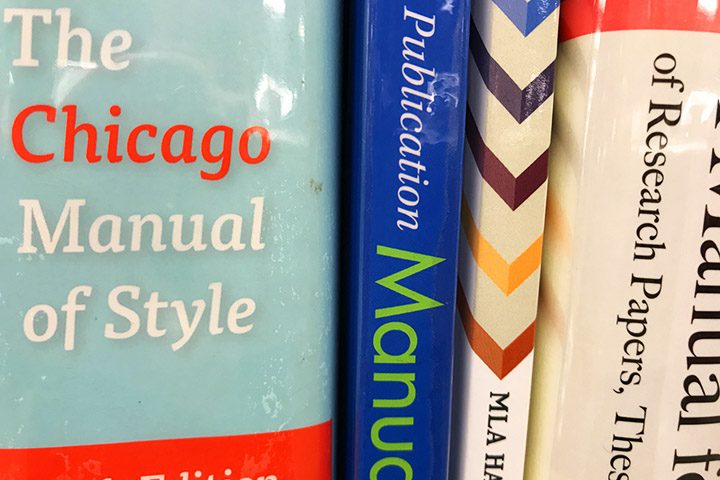
Accurately citing sources helps writers demonstrate academic integrity.
Using an appropriate documentation style helps your readers cross-reference sources, provides consistency, enhances credibility, and indicates professionalism.
Following style guidelines helps writers cite and organize sources correctly:
- Citation Manuals & Style Tips– Offer guidelines for specific documentation styles.
- Citation Managers– Help writers collect and organize resources, as well as format citations.
Citation Manuals & Style Tips
ACS – American Chemical Society Style Guide
- ACS Style Guide (NTNET Login) 3rd ed.
- Citing your sources: ACS (Via Williams College)
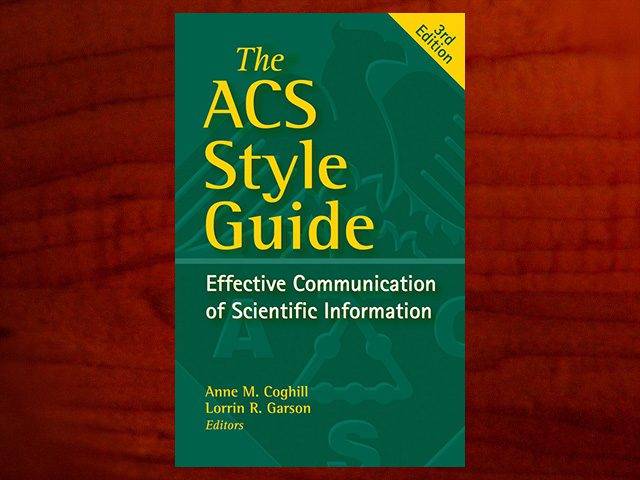

AP – Associated Press Stylebook and Briefing on Media Law
- Style guide for journalists
- AP Stylebook Online (NTNET Login)
- AP tips (AP Style Blog)
- Reference, Dick Smith Library
- PN4783 .A83 2016 – in-house use
APA – Publication Manual of the American Psychological Assoc.
- APA Academic Writer (NTNET login)
- APA tips (APA website, Purdue OWL)
- Reference, Dick Smith Library & Rickett Library
- BF76.7 .P83 2020
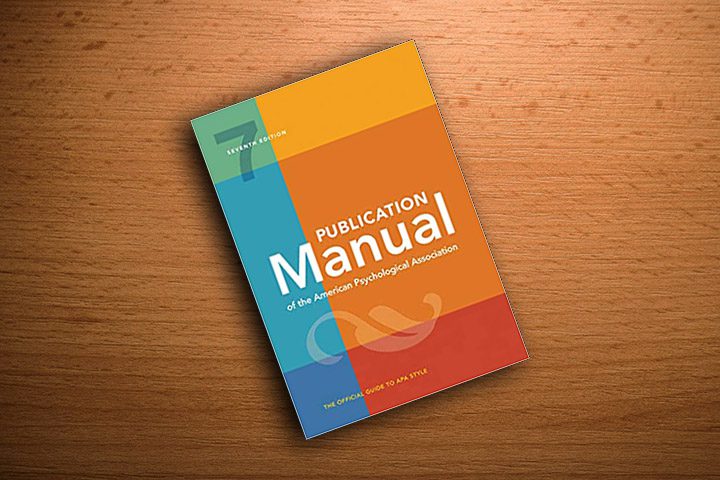
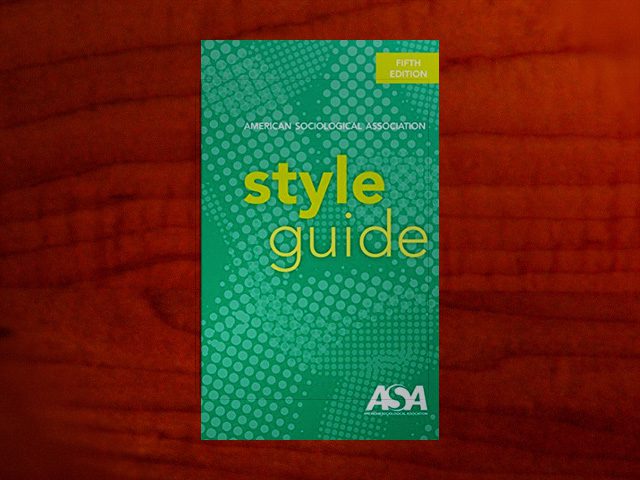
ASA – American Sociological Association Style Guide
- ASA tips (Purdue OWL)
- Reference, Dick Smith Library
- HM569 .A54 2014 – in-house use
Chicago Manual of Style
- Chicago Manual of Style Online, 16th & 17th ed. (NTNET login)
- CMOS tips (Purdue OWL)
- Reference, Dick Smith Library
- Z253.U69 2017 – in-house use
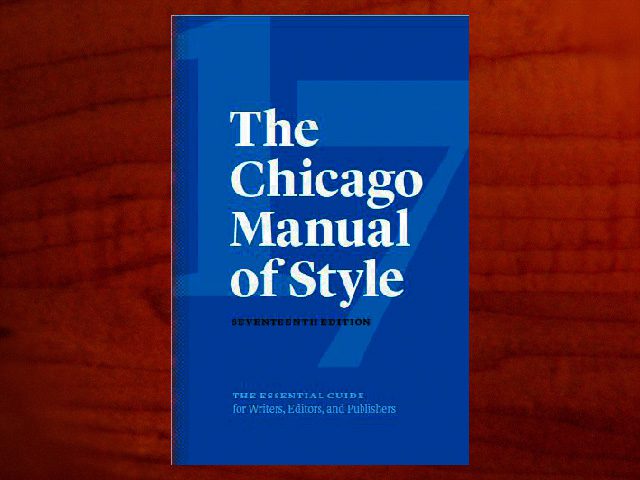
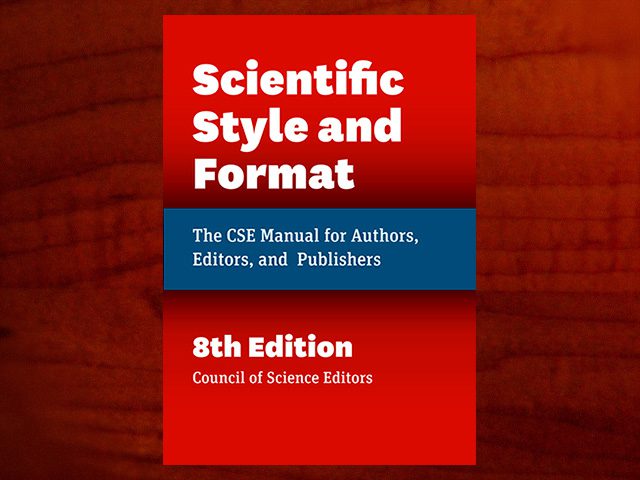
CSE – Scientific Style and Format
- Council for Science Editors (CSE) website
- CSE tips (University of Wisconsin-Madison’s Writing Center)
- Reference, Dick Smith Library
- T11.S386 2006, in-house use
MLA – Modern Language Assoc. Handbook
- MLA tips (Purdue OWL)
- MLA Style Center
- Reference, Dick Smith Library & Rickett Library
- LB2369.G53 2016 – in-house use
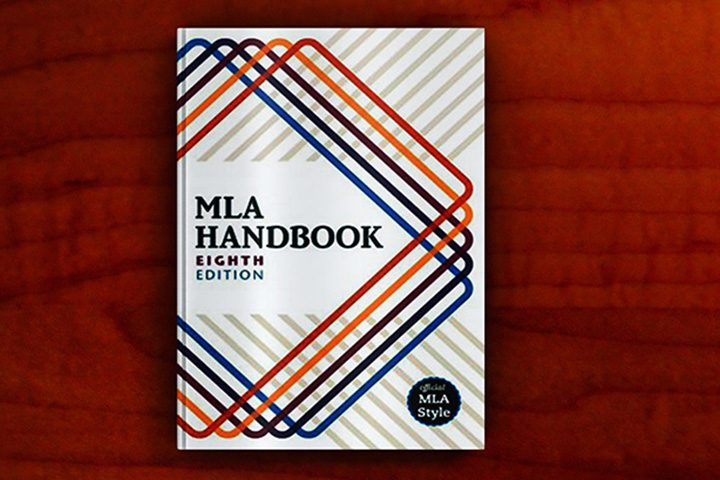
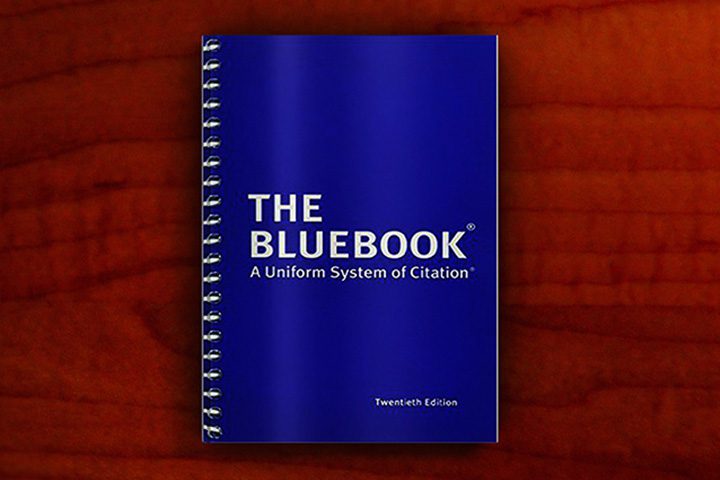
The Bluebook: A Uniform System of Citation
- Legal citation guide
- The Bluebook Quick Style Guide
- Reference, Dick Smith Library & Rickett Library
- KF245.B58 2015 – in-house use
(Turabian) A Manual for Writers of Research Papers, Theses, and Dissertations
- Turabian tips (via The Chicago Manual of Style Online)
- Reference, Dick Smith Library
- LB2369 .T8 2013 – in-house use
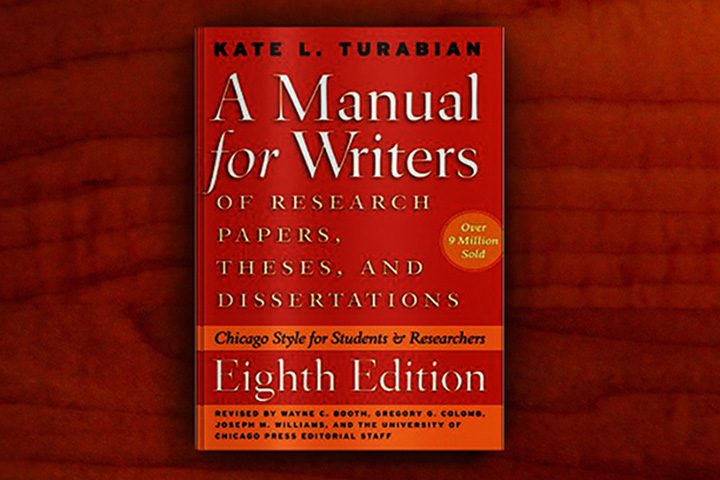
Citation Managers
Citation managers (sometimes called reference managers or bibliographic managers) offer online storage for citation information and software to generate citations. Some citation managers are free, but robust tools often require paid subscriptions. The following alphabetical list shows a few free citation managers. Note: Outside programs cannot be downloaded to campus computers.
Remember, no software program can think as well as you can. Always check your work using a current manual for your documentation style.
- BibMe: Offers additional features with registration. Creates citations in two ways: auto-fill or using information you type in. Lets users store reference lists after creating accounts. Styles: APA, Chicago, MLA, and Turabian.
- Endnote Web: Requires registration. Lets users save, edit, and organize resource information, plus import existing references. Many Tarleton library databases will export source information to EndNote Web. Styles: ACS, APA, APS, ASME, CBE, Chicago, MLA, and citation styles for multiple journals.
- Mendeley: Requires registration. Lets users import, organize, and add annotations to files, as well as share works with other researchers and collaborate on projects. Generates citations and bibliographies. Offers free download (desktop and app). Styles: ACS, APA, APS, ASME, Chicago, MLA, and citation styles for thousands of journals.
- Zotero: Requires registration and download. Lets users import PDF files, images, audio and video files, web page snapshots, and more. Indexes file contents to enable searches. Many Tarleton library databases will export source information to Zotero. Styles: ACS, APA, APS, ASME, CBE, Chicago, MLA, and many others. Offers mobile apps.
- Read this G2 Crowd article to learn more about reference management tools.